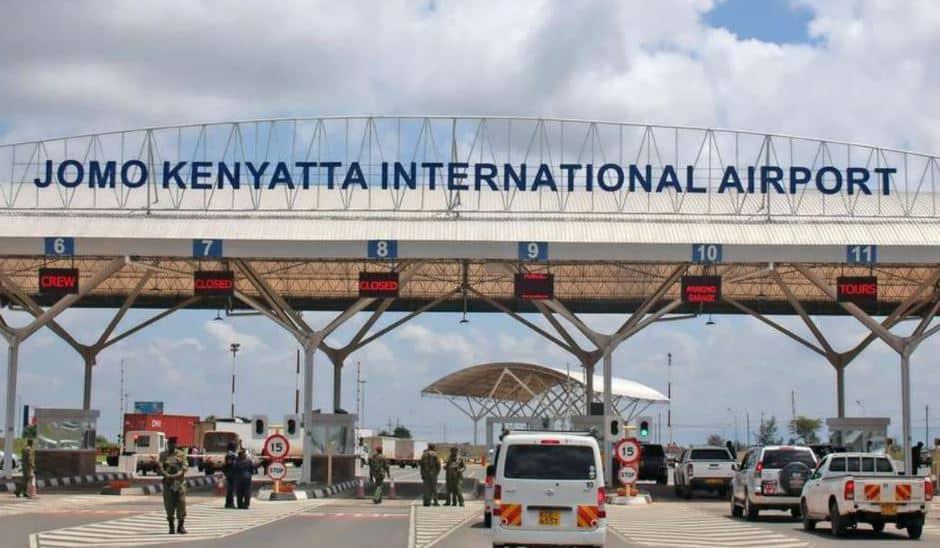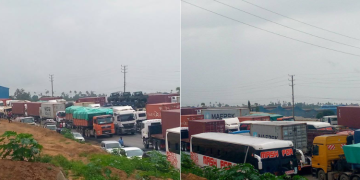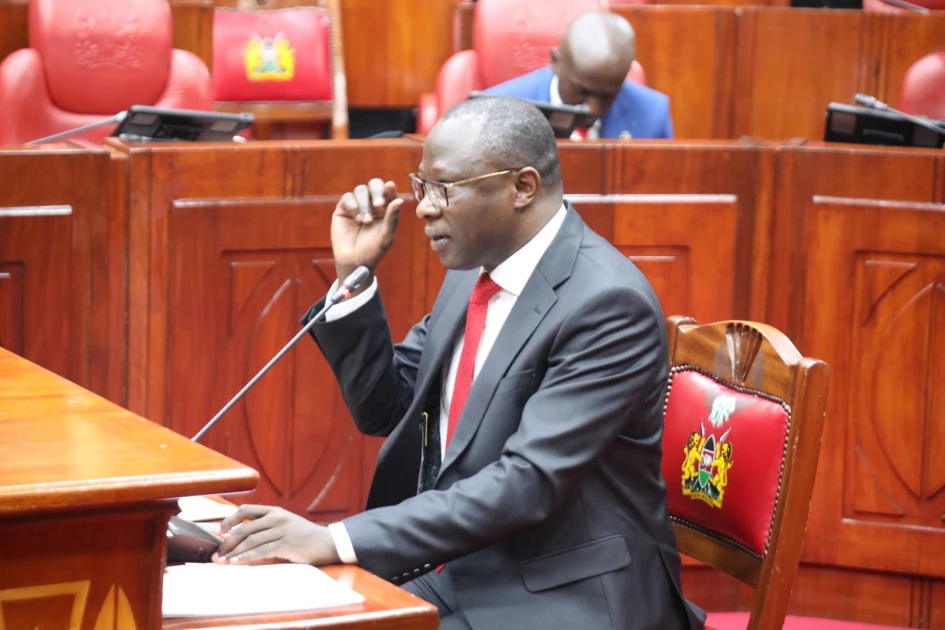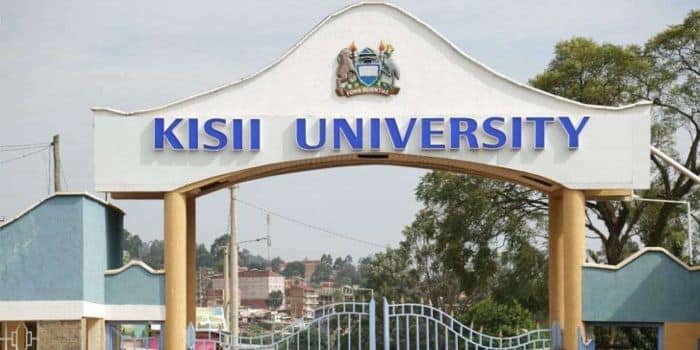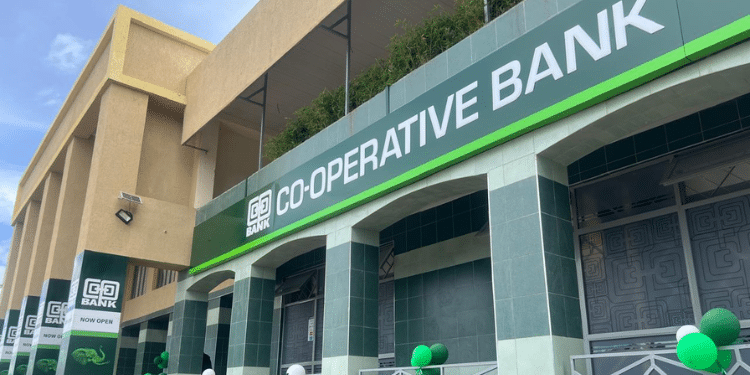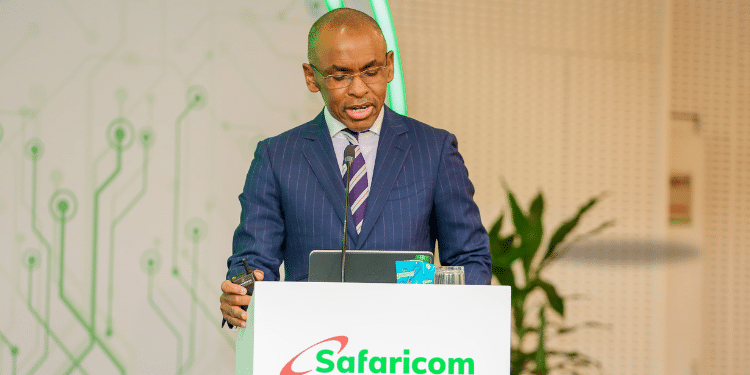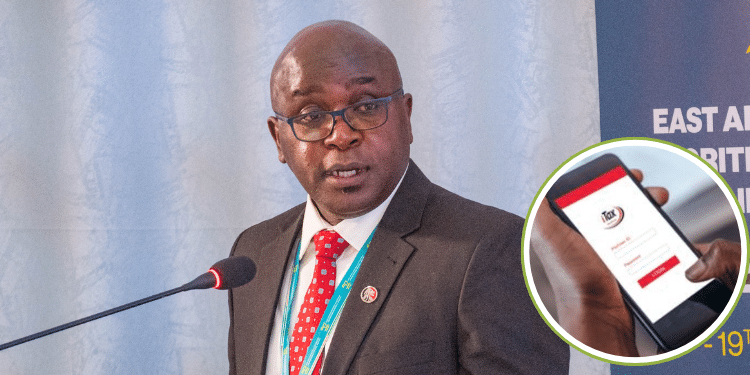The Kenya Revenue Authority (KRA) has given fuel station operators across the country until June 30, 2025, to fully integrate with the Electronic Tax Invoice Management System (eTIMS).
This deadline is part of KRA’s efforts to digitise tax administration and improve transparency. Since 2021, all VAT-registered businesses have been required to generate electronic tax invoices through upgraded tax registers.
However, in 2023, the Authority extended the system by rolling out eTIMS, a software-based platform that applies to all businesses, whether VAT-registered or not. This means that every sale, regardless of value, must be backed by a compliant electronic invoice.
Moreover, the newly launched system is specifically made for the fuel retail sector and is designed to offer real-time tracking of transactions at the pump.
Also Read: David Ndii Explains Why KRA Will Track Fuel Used by Motorists
Why Fuel Stations Must Transition to eTIMS
According to the notice issued by KRA, the petroleum sector, with its high transaction volumes and complex systems, has faced particular challenges in adopting electronic invoicing.
For instance, Electronic Tax Registers (ETRs) often failed to integrate effectively with fuel dispensing equipment, leading to inefficiencies and non-compliance.
To address these challenges, KRA introduced the eTIMS Fuel Station System, a specialised version of eTIMS that allows real-time invoicing by linking to a station’s forecourt controller, computerised sales system, POS, fuel management system, or printer, depending on the level of automation.
This ensures that all transactions are captured electronically and instantly shared with KRA, helping stations meet legal requirements while improving operational efficiency.
Further, fuel retailers who adopt the system can expect several benefits, including automation, which eliminates manual data entry, allowing faster transaction processing.
Additionally, integrated systems reduce delays at the fuel pump,p and eTIMS works well with tools like PIN capture, mobile payment platforms, and loyalty programs.
KRA noted that electronic invoicing reduces errors and helps resolve disputes quickly, and speeds up supplier payments and VAT refund processing.
Also Read: List of 19 Companies Controlling Kenya’s Fuel Market Today
KRA Offers Integration Options
KRA is working closely with Oil Marketing Companies (OMCs), independent fuel dealers, and industry associations to ensure a smooth transition.
Furthermore, a pilot phase involving volunteer stations helped the authority gather feedback and improve system design.
According to KRA, as of April 2025, five third-party eTIMS integrators had been certified to support the process. Fuel stations have the option of either self-integration or partnering with one of the approved providers.
Follow our WhatsApp Channel and X Account for real-time news updates.




